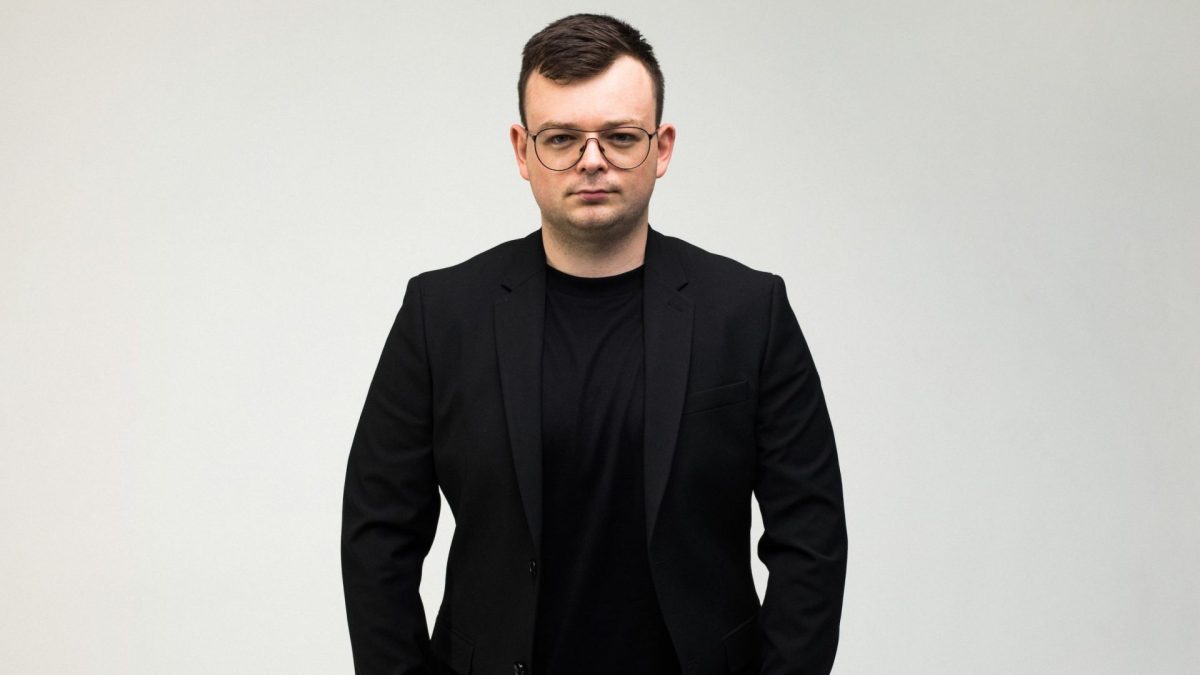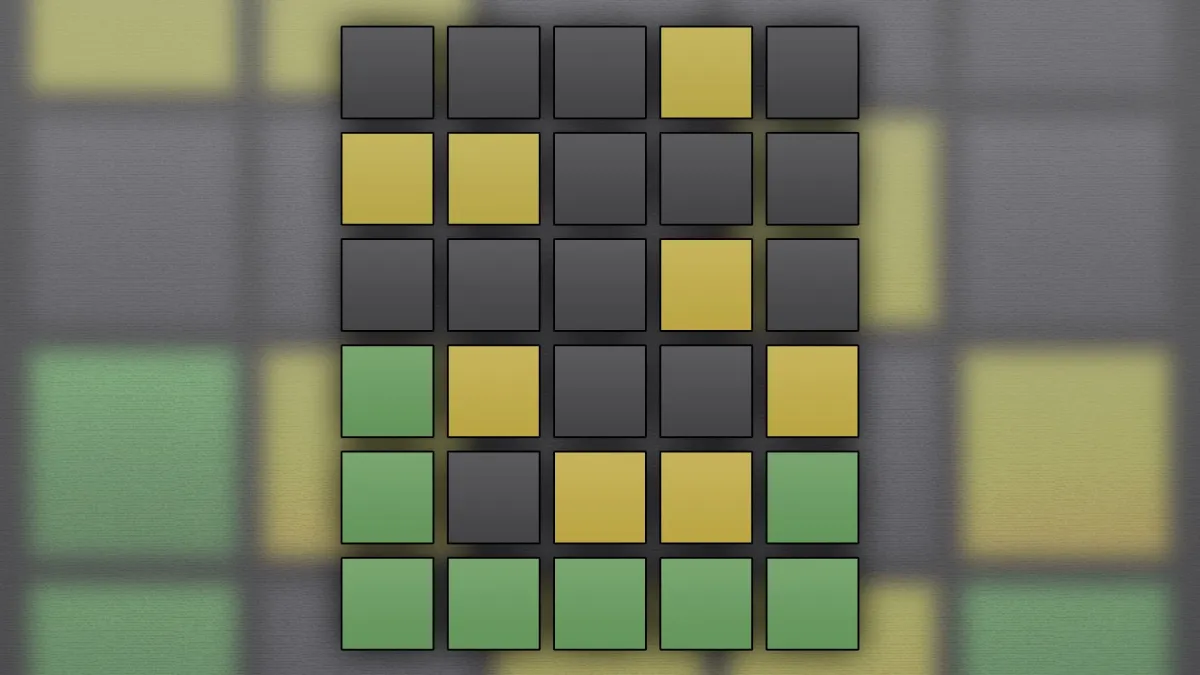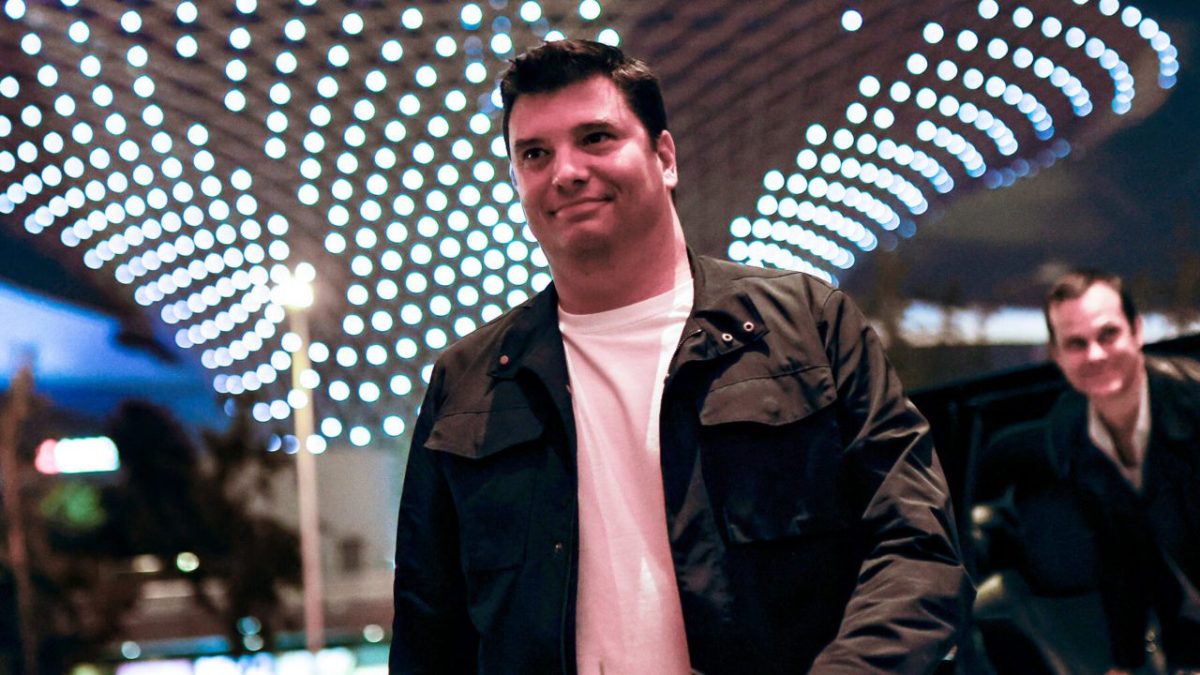Esports is a lucrative option for businesses and has suddenly become a career path for many teenagers and young adults. However, the more that gaming became a widely accepted part of life, the more that there are those who’ve become completely hooked into it. When you’re hooked on something, it can lead to the impairment of your health. That’s why the World Health Organization (WHO) has added “Gaming Disorder” as part of the 11th Revision of the International Classification of Diseases (ICD-11).
What is “Gaming Disorder”?
The WHO defines it as:
A pattern of gaming behavior (“digital-gaming” or “video-gaming”) characterized by impaired control over gaming, increasing priority given to gaming over other activities to the extent that gaming takes precedence over other interests and daily activities, and continuation or escalation of gaming despite the occurrence of negative consequences.
For gaming disorder to be diagnosed, the behaviour pattern must be of sufficient severity to result in significant impairment in personal, family, social, educational, occupational or other important areas of functioning and would normally have been evident for at least 12 months.
The WHO included it in the ICD so that more treatment programs can be developed for those who may exhibit gaming disorder. Gaming Disorder, fortunately, affects only a small percentage of the overall population of gamers. However, people who are into games should be more aware of how this can affect them. Changes in their behavior, as well as physical and psychological health, have to be taken into account.
This has led to action from various concerned institutions. For instance, in the United Kingdom, the National Health Service is set to open its first internet addiction clinic. Some have welcomed it while others are torn — it involves taxpayer money after all. There are concerns over how doctors would be able to determine whether someone has “real” problems. Meanwhile, the United States has government-endorsed studies and private firms dedicated to studying internet and gaming addiction.
Doubts surface
Many experts are still in doubt as to the WHO’s decision. Yes, video games can be addicting, but how can one differentiate from someone who just loves playing games to one who is already at risk? Where’s the fine line between binging a game and playing “one more turn,” versus the belief that someone might be impaired? Gamers, critics, and pundits alike have their own take regarding the dangers. After all, with mental health issues coming to the forefront of health institutions and mainstream news, “Gaming Disorder” leads to more concerns given its official classification and the concept of addiction.
Some experts would cite that likening “video game addiction” to “gambling addiction” can be misleading. Most games are based on skill and perseverance, the reward of beating a level, trouncing your opponent, or reaching a high score. Meanwhile, gambling is designed on chance where you lose and be left with nothing. The overlying factor between the two is that they simply “provide euphoria” via dopamine — that chemical which makes you feel rewarded and want to keep going.
Andrew Przybylski, a psychologist at the University of Oxford, believes that the classification is “a very bad idea.” He cites concerns over a lack of quality in gaming addiction studies. Some have mentioned that “proposals were premature” and that the WHO might have “rushed” its research. Other experts have also mentioned that studies and proposed characterizations are quite vague. Meanwhile, the gaming industry is up in arms. For instance, The Entertainment Software Association and various groups comprised of many development and publishing companies have expressed their concern with the WHO’s move. They note how games help improve one’s cognitive process, calculation, reasoning, and even build up leadership skills or boost confidence.

Outliers and Negativity Bias
The idea of playing video games a lot has often had a stigma. Poor health, poor social skills, relationship problems, financial woes and running up credit card debt, even injuries and deaths. That’s a narrative as old as gaming itself. This is because the examples you’ll often hear about are the “outliers.” These are the people who might have spent $70,000 on a mobile game, or a teen who kept using his dad’s credit card on FIFA microtransactions. The news could be about a streamer who died after a 24-hour gaming marathon or a girl who starved to death because her parents were too busy raising a virtual avatar instead.
These incidents appropriately stick out and will undoubtedly raise questions and eyebrows. Why? It could be because of the “negativity bias” in our brains. Events and experiences which we deem as negative have a more lasting psychological effect. Ever wonder why a horrific tragedy or someone’s outburst will get a bigger reaction out of us than the image of a happy kid crossing the street? How about when a criticism in the workplace affects you more than praise? Events that are out of the norm naturally stick with us.

Old vs. New
It’s also worth noting that health experts have already talked about the problems with kids playing video games in previous decades. If you were an 80s kid, you might have been told that arcades were dangerous. You might pick up vices that could ruin your life forever. In the 90s, you might have heard that video games were satanic, or would turn you into a violent criminal. In the 2000s, “hot coffee” was the talk of the town. The panic brought about by the media exacerbated the existing moral outrage in those days.
However, the key difference then was that gaming was a niche hobby. Or it simply wasn’t as prevalent in daily life as it is today. Think of it this way — you played Street Fighter. You won tournaments; you were happy. The end. Or, you could have been playing Space Invaders. You got the high score and you flipped it back to zero. The end.
Mom and dad would either tell you that you needed to go to school or to do your chores. Your parents would hustle you out of the arcade because you ran out of quarters. You might have needed to go to school or study up during exams, which meant play-time was over. Or, you might have been asked to go outside to play with the other kids.
In today’s world, you have a mobile phone with mobile data. You can play anywhere. Whether it’s recess or lunch break, you could be duking it out in Fortnite or Mobile Legends. You aren’t expected to go out and play with the other kids, when the other kids are all inside on their phones as well. Those that aren’t playing the games are often watching them instead.
Part two in this series will discuss the role esports and streaming have played in changing the way the world views gaming.















Published: Jun 27, 2018 06:25 pm